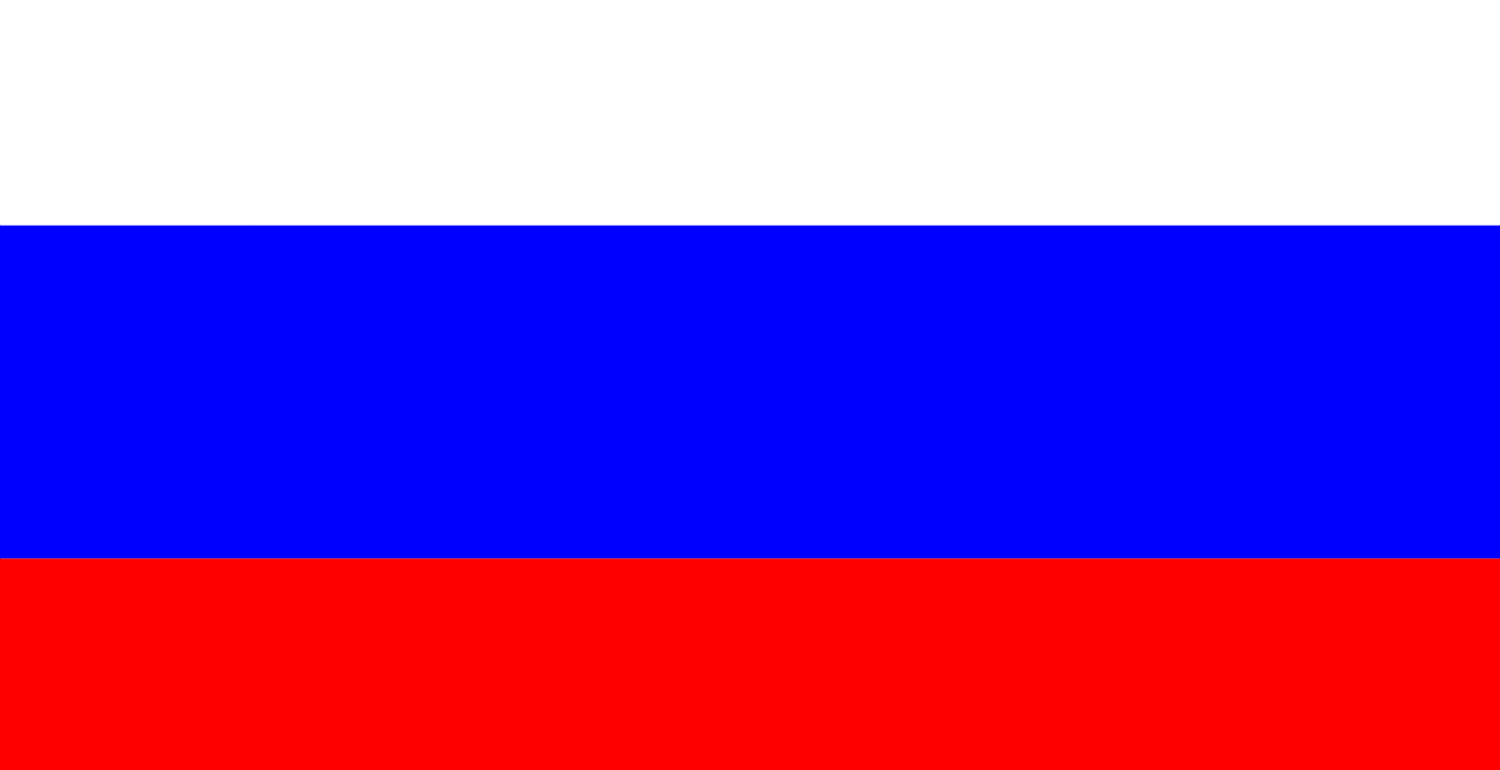Dennis Deconcini (D-AZ) and other legislators discussed Russia’s relations with its neighboring countries. More specifically, concerning democratic reform, the hearing contrasted the economic criteria of privatization, the rate of inflation, currency emission, and subsidies to enterprises with Moscow’s policies vis-à-vis its neighbors.
Of course, Russia’s neighbors are referred to as the New Independent States, and, as Deconcini argues, it is problematic when Russia militarily or economically coerces its neighbors to enter into unwanted, yet inevitable, political, security, or economic relationships.







